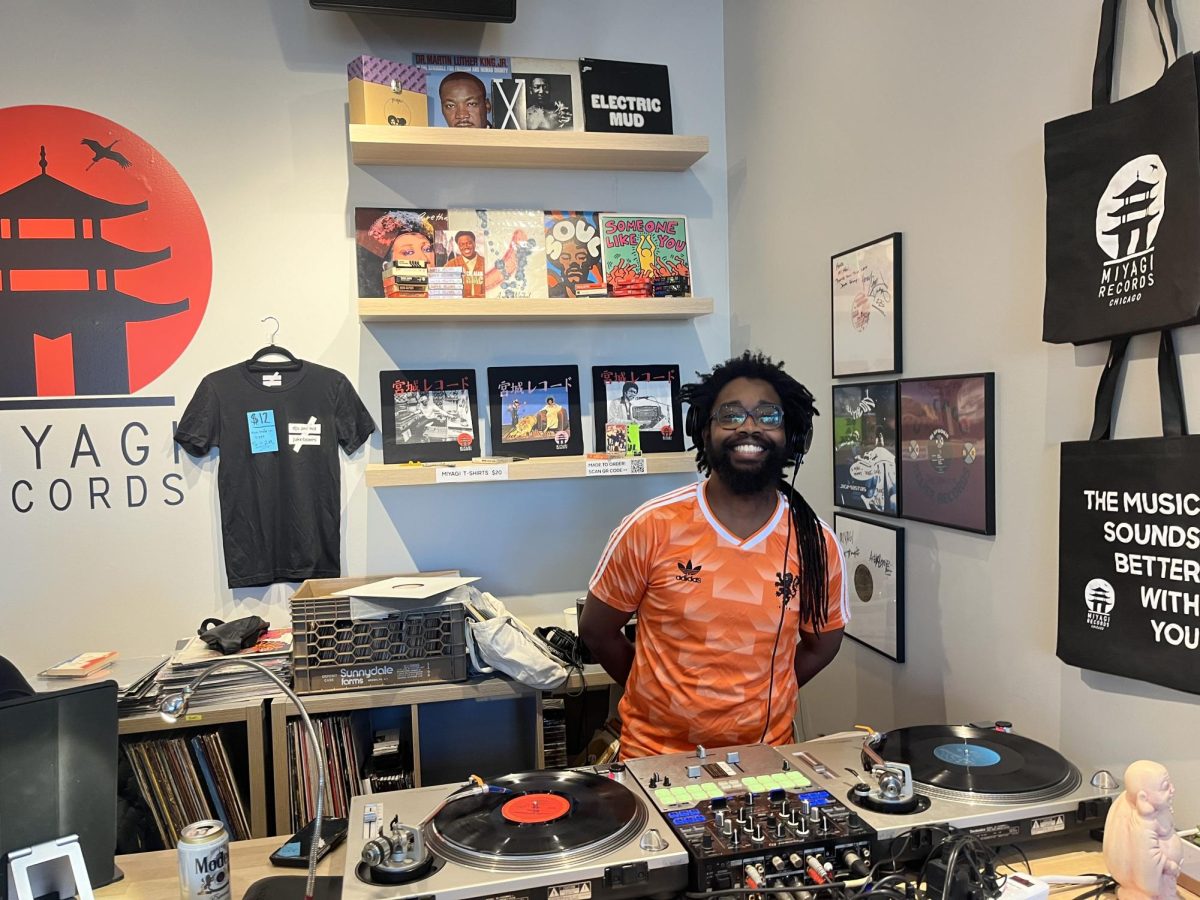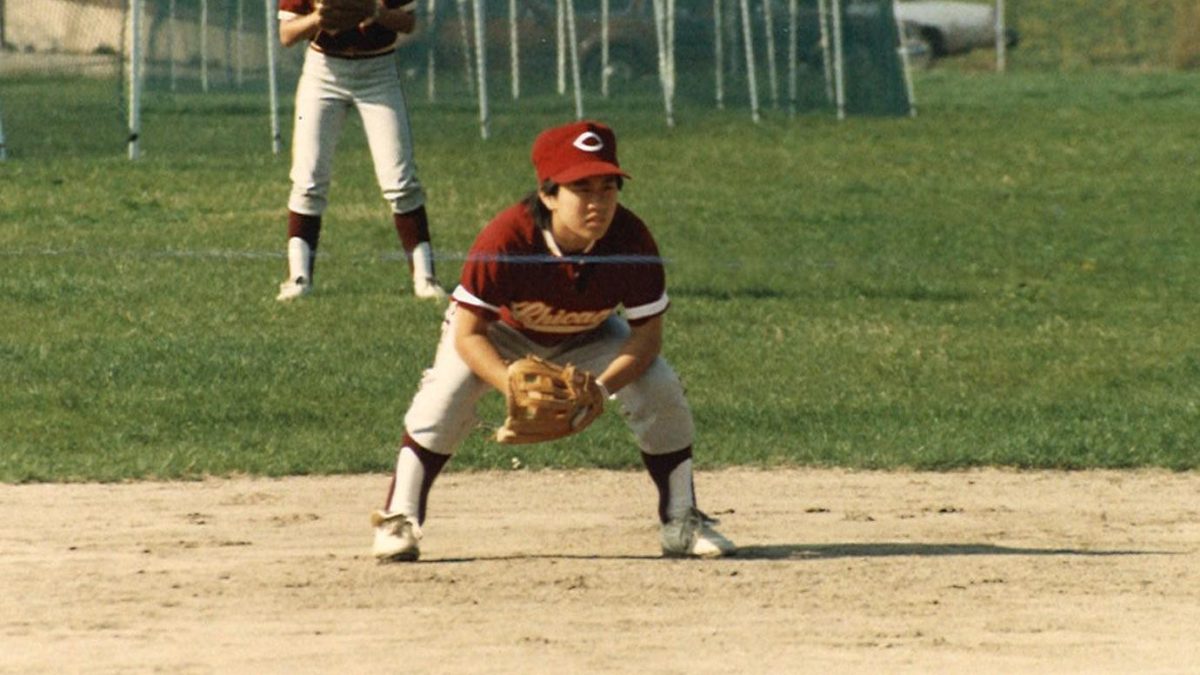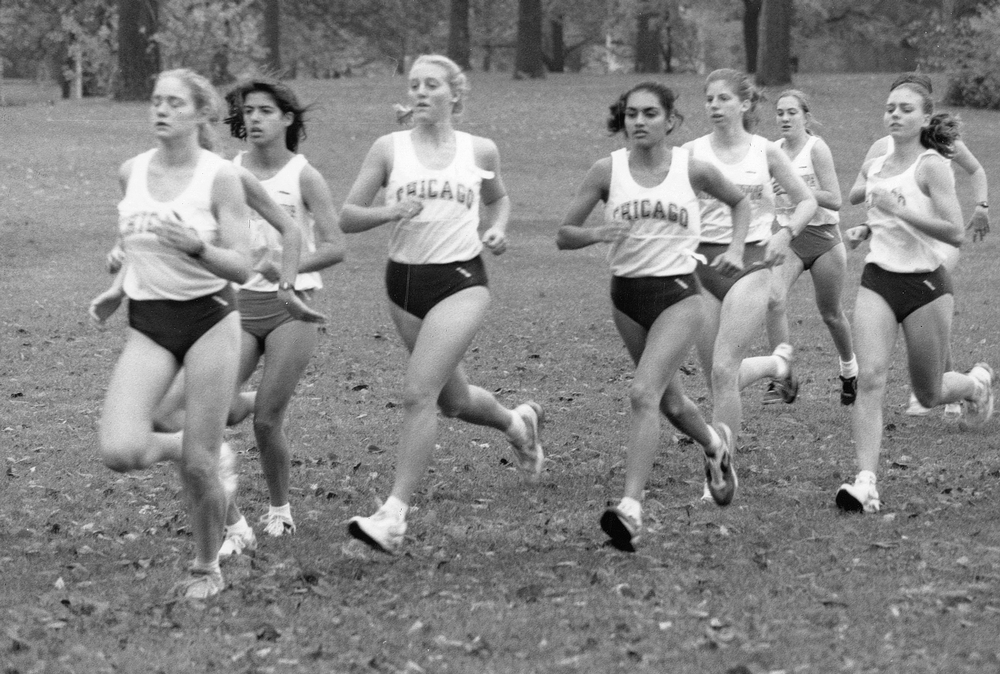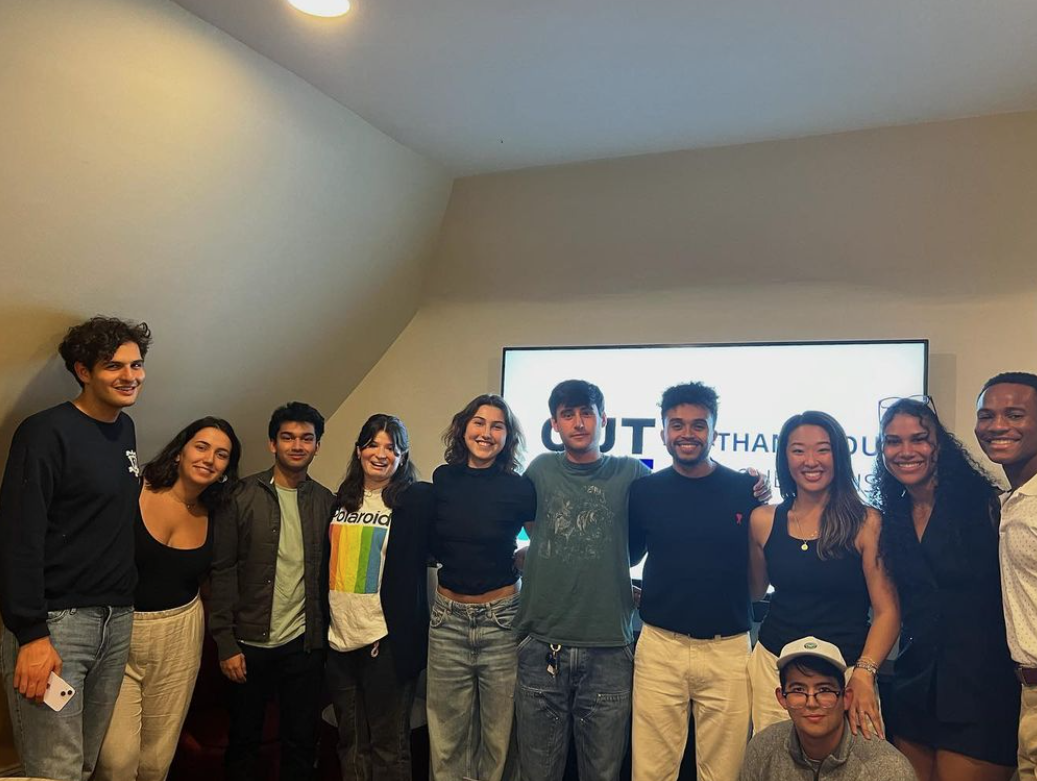So, another MLS season has come to an end, and this time the San Jose Earthquakes came out on top. In front of around 20,000 fans in Columbus, Ohio, San Jose somewhat surprisingly grabbed the crown playing against a favored Los Angeles Galaxy side. With the MLS’s sixth year coming to a close, it’s time to look back on the year and perhaps forecast the state of the league for next season.
Firstly, after watching Landon Donovan score the first San Jose goal of the game last Sunday, one thing is clear: Donovan is MLS’s most marketable new player. He easily emerged as the most prolific new striker in the league, and his photogenic quality doesn’t hurt either. When Clint Mathis went down earlier this season, it seemed as if MLS lacked an identifiable star forward. Well, with Mathis on the mend and Donovan on a high, next season looks bright indeed for the talented American duo. MLS must work to promote these two players and hope they both stay healthy for the duration of next season. Some of MLS’s earlier American stars, like Alexi Lalas or Eric Wynalda, either retired or dropped in form. Both Mathis and Donovan, however, are young, and their youth should make them mainstays in the league.
On that note, the MLS should be increasingly careful with its foreign acquisitions. Sure, players like Luis Hernandez played well and drew a diverse fan base, but these players are extremely costly and risky. Who can forget the Lothar Mattheus debacle of last season? He cost the Metrostars a lot of money, and he never produced anything worthy of a World Cup and European Cup champion. Quite honestly, most foreign players just want to end their careers in the United States, and, as a statement to other leagues and in an effort toward self-improvement, the MLS cannot allow that to happen.
The MLS should stand for youthful, exuberant, and attacking soccer. Some may say that the league doesn’t have the entrenched, storied traditions of other leagues. Even more critics say the fan base here cannot support truly world-class players. You know what? They’re totally right. Manchester United draws something like 60,000 fans a match, and a club like Real Madrid can spend hundreds of millions of dollars in just a few years. The MLS’s lack of tradition, however, can actually become one of the league’s most dynamic strengths. The league cannot afford top-class players, so why bother? The league has the room to experiment, to develop young, perhaps unseasoned players, and to utilize some creativity.
There’s simply not as much pressure to win or succeed in the MLS, and, with the bizarre financial structure of the league, dynasties are difficult to maintain (just look at DC United). Those are definite constraints and drawbacks, but it actually offers the league some breathing room. Instead of attracting older stars like Mattheus or Hernandez, why not look to Central America and perhaps South America for younger, more dynamic players? Instead of investing in established players like Cienfuegoes, try pulling in players that may not carry huge names and paychecks, but could contribute to the club. Some of the best players in the MLS, guys like Dema Kovalenko, Nick Garcia, and Clint Mathis, didn’t demand massive contracts or carry transfer fees. They earned their reputations through their play on the pitch. Accordingly, the MLS could develop more extensive reserve squads, possibly have reserve players play matches before the ‘A’ team steps in, and fans could become familiar with both the present and future players on a certain squad.
Indeed, instead of paying Mattheus around $1 million, the Metrostars could fund an entire reserve team and see which players can best step up. Once the league establishes the reserve sides, coaches should freely call up reserve players to the ‘A’ team. This way, players can gain experience quickly, coaches can easily analyze the quality of previously untested footballers, and the entire team will benefit. In short, the MLS can invest in actual results, rather than on the preceding reputations of certain players. Certainly, the league has taken steps to develop youthful talent. Bobby Convey and DeMarcus Beasley stand as two fine examples of this. With a more extensive developmental system, however, the MLS could create even more budding talents, and the composition of the league would slowly change.
Furthermore, the MLS must closely scrutinize the state of the league. Currently, foreigners mainly view the MLS as a physical, rather mediocre domestic league. Other leagues have definite reputations. For example, the English Premiership is known for its pace and the German Bundesliga for its technical play. The MLS’s reputation is still a work in progress. Perhaps investing in certain types of players could create a more concrete identity for the league. The MLS can’t necessarily buy established, credible players, but the league can recruit speedy, youthful players who display good potential. Increasing the pace of play and investing in more risktakers certainly won’t hurt the league. Erring on the side of caution actually might not help the league a great deal here — attendance has stagnated, TV ratings are down, and the league still flounders financially.
I’ve proposed establishing a youth system before, but this past season seemed to bolster this possibility even further. Convey and Beasley (along with several others) have developed extremely well. Both should contend for places on the national team soon. The younger players, aided by veterans no doubt, do well quickly, and they’re generally cheaper than the older players (with the exception of Donovan). Giving more college players an outlet on reserve teams could strengthen the depth of many MLS clubs. Overall, this season went reasonably well for the fledgling league. The future, however, offers more challenges and the presence of an incessantly fickle American audience. To adjust to the times, MLS must revise its current plans for later success.









